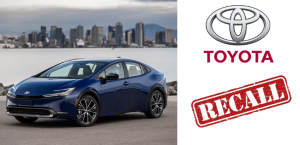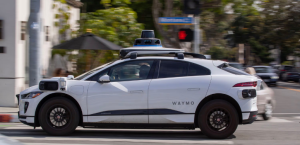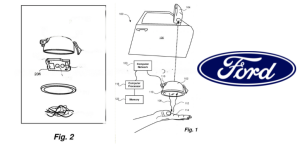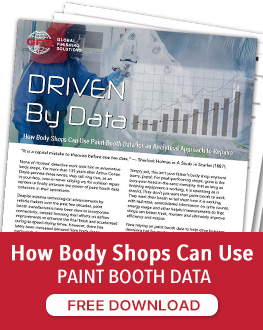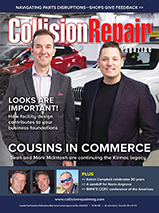Southfield, Michigan — January 8, 2017 — Autonomous vehicles (AVs) may become widespread more quickly than realized by the general public. According to a report by business information provider IHS Markit, more than 33 million AVs will be sold globally in 2040. A 600-fold increase over the forecast sales numbers for 2021, 51,000 AVs.
The research accounts for several factors in its estimations, including key market dynamics influencing AV growth. Autonomous driving and mobility devices such as ride-hailing is a major driver in such growth, along with the Unites States, which will lead the world in the initial deployment and early adoption of production autonomous vehicles as early as 2019, according to HIS Markit. Meanwhile, HIS Markit anticipates that China and Europe will begin driving AV research and growth from 2021 and onward. Mobility-as-a-Service will first bring this technology to the masses before individual ownership of autonomous vehicles becomes the norm.
“The first autonomous vehicle volumes – beyond retrofit test vehicles – will arrive in 2019 through driverless mobility services,” said Egil Juliussen, Ph.D. and Director of Automotive Technology Research, IHS Markit. “Volumes will surpass 51,000 units in 2021 when personally owned autonomous cars reach individual buyers for the first time, and IHS Markit forecasts estimate nearly 1 million units will be sold in 2025 across shared fleets and individually owned cars.”
Significant ongoing investment in transportation technology by OEMs, suppliers, mobility service providers and technology companies contribute to earlier deployment timelines, while dedicated mobility service brands within many automakers contribute to higher volumes of autonomous vehicles in the forecast.
The IHS Markit analysis also reflects partnerships and ecosystems forming around technology, as well as services that will help the industry address complex challenges around the evolution of autonomous mobility.
“Diversity of choice in personal mobility and autonomous driving technologies are both evolving more quickly than ever, but their convergence will have the greatest impact,” said IHS Markit, principal automotive analyst, Jeremy Carlson.
“Autonomous mobility services can deliver newfound personal freedom to the young, old, disabled and others without reliable transportation for everyday needs,” he added. “But the benefits don’t have to stop there. Fleet operators in big cities who better understand the lower operational costs of battery electric vehicles are more likely to employ them to drive higher amounts of vehicle and passenger miles traveled.”
Additionally, governments around the world are contemplating phasing out or disincentivizing gas-powered vehicles in favour of hybrids and electric vehicles, and as OEM efforts toward vehicle electrification continue, it’s logical that air quality in cities should improve.
For additional information, please visit ihsmarkit.com/automotive or email automotive@ihsmarkit.com.




